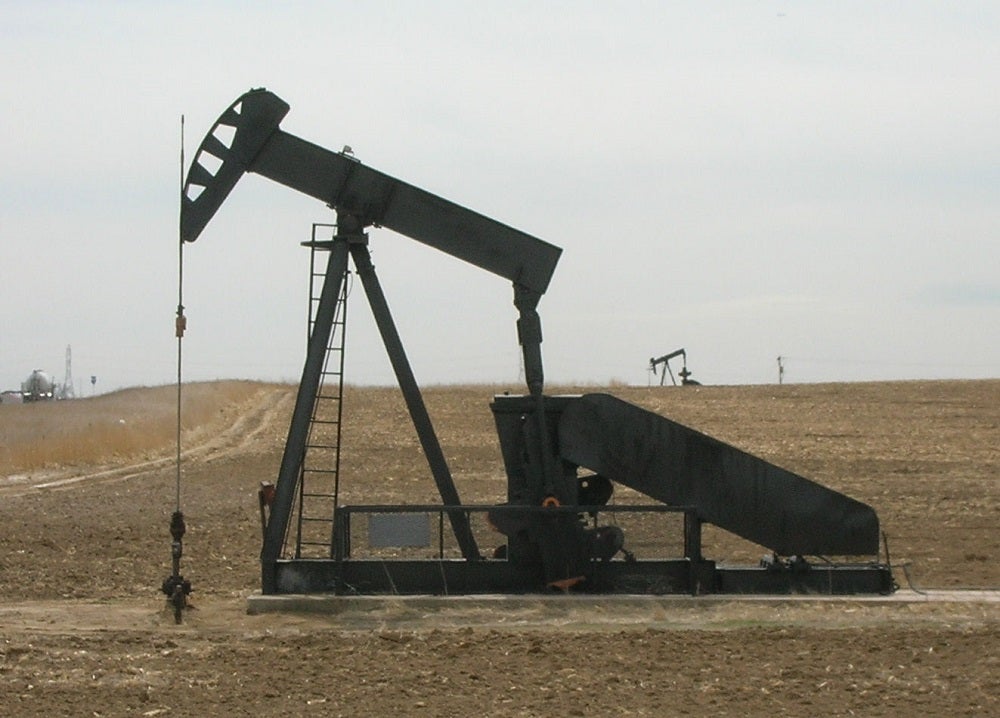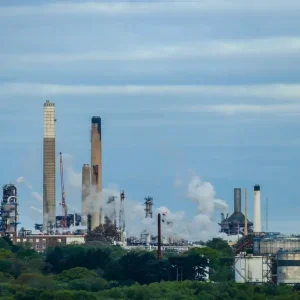
The oil and natural gas industry in Texas, US, paid $13.9bn in taxes and state royalties in the 2020 fiscal year.
That is according to data from the Texas Oil & Gas Association (TXOGA), which shows the funds directly supported the state’s schools, teachers, roads, infrastructure and essential services.
The 2020 funds represent a notable fall on the previous year’s figures, after the industry paid a record-setting $16.3bn in taxes and royalties in 2019.
Texas oil and natural gas industry continues to “contribute tremendously” to state and local tax coffers
Last year proved to be a struggle for a number of oil and gas producers, who have been significantly challenged by the low oil prices, as the West Texas Intermediate (WTI) fell into negative price territory for the first time ever in April, combined with a drastic drop in energy demand due to the pandemic.
TXOGA president Todd Staples said: “Even in an extremely difficult year, the Texas oil and natural gas industry continues to contribute tremendously to state and local tax coffers, while fortifying our energy security and leading the way in innovation and investment that is advancing environmental progress.
“The ongoing recovery of the oil and natural gas industry is essential to the state’s continuing economic improvement.”
Staples noted that the pandemic reinforced the fact that oil and natural gas are “essential and irreplaceable”.
“While oil prices plummeted in the wake of the pandemic, the need for products made from oil and natural gas skyrocketed,” he added.
“Nearly every in-demand product we need to be safe, to save lives and to power our economy – from face shields and hand sanitizers to high-speed internet connections and computers – is made possible by oil and natural gas.”
In 2020, 99% of the state’s oil and natural gas royalties were deposited into the Permanent School Fund (PSF) and the Permanent University Fund (PUF), which support Texas public education, according to TXOGA.
The PUF received $771m and the PSF received $942m, while the Rainy Day Fund received $1.66bn from oil and natural gas taxes.
The association said Texas school districts received more than $2bn in property taxes from mineral properties producing oil and natural gas, pipelines, and gas utilities, alongside counties receiving $688m in these property taxes.
Oil and natural gas industry has “taken the lead” in developing environmental solutions
In addition to its economic impact, Staples noted that the oil and natural gas industry has “taken the lead” in developing environmental solutions that are “working to reduce emissions and flaring”.
“The oil and natural gas industry is the nation’s leading investor in emission-reducing technologies and, as a result, Americans are breathing the cleanest air in decades, the US leads the world in reducing energy-related carbon dioxide emissions, and methane emissions from oil and natural gas systems are down 23% since 1990,” he added.
According to data from the Railroad Commission of Texas, the percentage of natural gas flared out of all the natural gas produced in Texas decreased 80% between June 2019 and May 2020.
The Commission announced that less than half a percent of the natural gas produced in the state was flared or vented, as of May 2020, while 99.5% of natural gas produced went to “beneficial use”.
Staples said: “All this, while the US enjoys more energy security than ever before and American-made energy is powering economic prosperity and environmental improvements around the world.
“This progress – and ways to build on it – must be part of more rational discussions about the future of our energy, the environment and the economy.”






